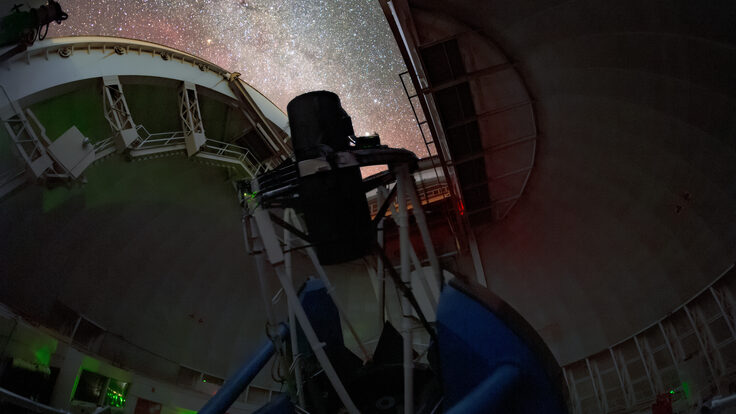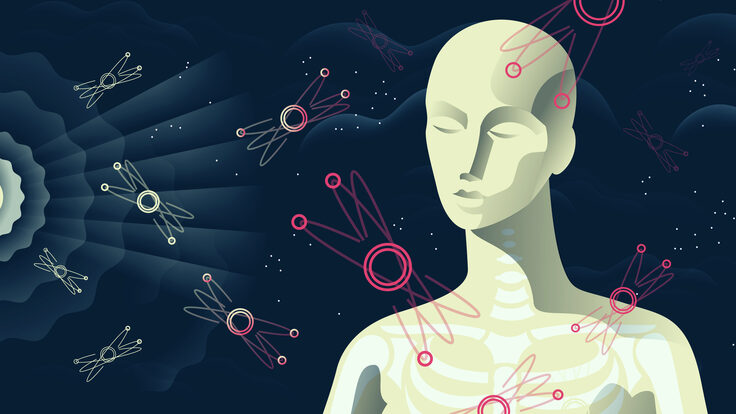I've just arrived in St. Louis, Missouri, for the American Physical Society's annual April meeting. For the next four days I'll be reporting on what is happening here at the conference to give you a flavor of what happens at a large physics conference. There will be a lot of science presented but the value of conferences goes far beyond the merely sharing the latest research results.
Conference culture is unusual the first time you encounter it so for those of you who have never had the chance to go native with the physicists, I'll chat about what it is like to be here.
When you arrive at one of these meetings, the first big challenge is actually checking in and getting to your room. Not because there are any problems with the hotels, but because there are so many people who you haven't seen in person for a while that it's next to impossible to walk more than a few steps before running into yet another acquaintance. If I wanted to be a true physicist, I'd make a crack about there being a very short mean free path, but I'll leave the physicist readers to insert their own quip here.
It's great to say hi to these people briefly but the useful conversations will happen later. The first few hours are merely the re-acquaintance phase.
As I wander through the lobby trying to get to my room to put my bags down, I can't help wondering if the behavior of physicists en masse is the same as that of other groups. For example, does the process of a random group of five non-physicists trying to get into an elevator turn into a total mess? I watched this happen today as the group of physicists stood around waiting for the elevator to arrive. When it did, the disorder that spontaneously arose meant that the doors closed again before any of the physicists had actually made it inside. Hmmm. I suspect this is not unique to physicists but I did wonder if they were overthinking the problem of how to corral five people (with luggage) through the door.
When I was actually in the elevator with a bunch of physicists, the next peculiarities became apparent. A vast amount of research has gone into programming elevator patterns to get people efficiently to their rooms, but the physicist effect is bound to confound the smartest of algorithms. Once the physicists actually make it in the door, they launch into all kinds of conversations that mean they miss their floors, decided to get out on the wrong floor with other people to continue conversations, or just realize that they left one of their bags behind and need to go back to the beginning and try again.
Whatever the true meaning behind all this, I know that I eventually made it up to my room to write this. The science starts tomorrow and I'll be keeping you up-to-date.
See all posts from the American Physical Society April 2008 conference here.






